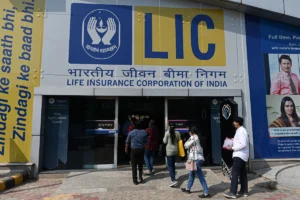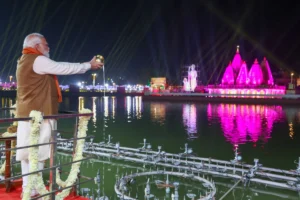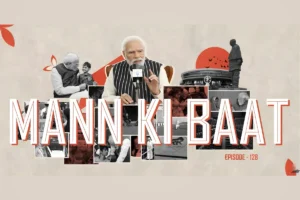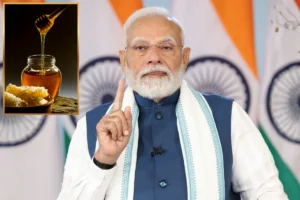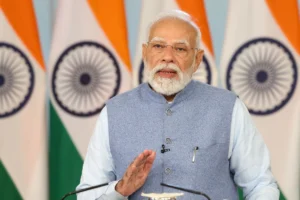
Supreme Court
Today, the Supreme Court convened to deliberate on a 32-year-old petition concerning the classification of private property as a community resource. Headed by the Chief Justice of India, a Constitution Bench comprising nine judges presided over the proceedings, with the hearing set to resume on April 25.
During the session, the CJI highlighted Maharashtra’s legislation aimed at acquiring decrepit and hazardous buildings due to tenants’ reluctance to vacate and landlords’ financial constraints. This sparked a discussion on whether such properties could be deemed material resources of the community under Article 39(B) of the Constitution. Despite their individual ownership status, the CJI emphasized their significance in the broader community context.
Solicitor General Tushar Mehta, representing the Maharashtra government, underscored that the crux of the matter lay in interpreting Article 39(B) and not Article 31(C), the validity of which predates the 25th Constitutional Amendment of 1971. This interpretation, as Mehta pointed out, had been affirmed by a bench of 13 judges in the landmark Kesavananda Bharati case. The CJI concurred, elaborating on the necessity of a nine-judge bench to interpret Article 39(B).
The debate delved into past legal precedents, notably the 1977 Ranganatha Reddy case, where the majority opinion clarified that private property does not constitute material resources of the community. However, in the 1983 Sanjeev Koke case, a five-judge bench leaned towards Justice Iyer’s perspective, albeit a minority view, prompting scrutiny into the distribution of surplus agricultural land in the 1960s. Petitioners argued vehemently against the inclusion of privately owned properties as community resources.
Also read: Gautam Buddha Nagar Lok Sabha Elections: Felix Hospital Encourages Voting with Free Body Checkups
Critics condemned Justice Iyer’s stance as reflective of Marxist socialist ideology, incompatible with a democratic nation governed by a Constitution prioritizing citizens’ fundamental rights. Indeed, Article 39(B) mandates the state to ensure the equitable distribution of material resources for the common good, without infringing on individual property rights.
As the legal discourse continues, the Supreme Court grapples with defining the boundaries between private ownership and communal interests, echoing broader societal debates on resource allocation and socio-economic justice.
To read more such news, download Bharat Express news apps
















